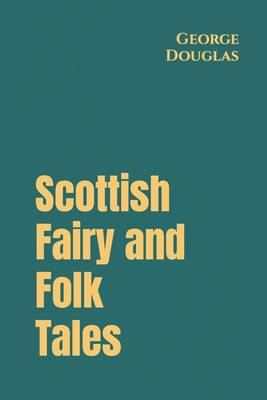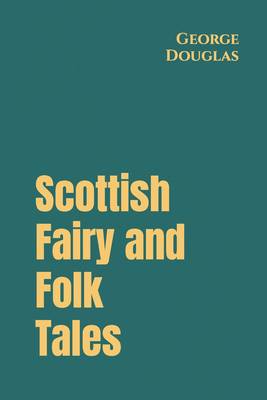
- Retrait gratuit dans votre magasin Club
- 7.000.000 titres dans notre catalogue
- Payer en toute sécurité
- Toujours un magasin près de chez vous
- Retrait gratuit dans votre magasin Club
- 7.000.0000 titres dans notre catalogue
- Payer en toute sécurité
- Toujours un magasin près de chez vous
Description
It is only within comparatively recent years that the homely stories in the mouths of the country people have been constituted a branch of learning, and have had applied to them, as such, the methods and the terminology of science. No doubt a very noteworthy gain to knowledge has resulted from this treatment, a curious department of research has been opened up, and light has been cast upon various outside things of greater importance than the subject of study itself. But, side by side with this gain to knowledge, is there not, involved in the method of treatment indicated, a loss to the stories themselves? Classified, tabulated, scientifically named, they are no longer the wild free product of Nature that we knew and loved: they are become, so to speak, a collection of butterflies in a case, an album of pressed wild flowers. No doubt they are still very interesting, and highly instructive; but their poetry, their brightness, the fragrance which clung about them in their native air, their native soil, is in large measure gone! Well then, with all due recognition of the value of the labours of the scientific folklorist, the comparative mythologist, whose work I would not for one moment be understood to undervalue, is there not room, even at the present day, to study these stories from another point of view, and that the simplest and most obvious one the point of view, I mean, of the story teller pure and simple? One would hope that the time had not yet come when the old tales, considered on their own merits, have entirely ceased to charm; and it is an undeniable fact that there are still persons among us who would regard it as a real and personal loss could they be made to believe that the ideal hero of their childhood, as he falls heroically, in a bloody battle, wounded to the death, is in reality a myth, or an allegory to embody the setting of the sun; and who would even feel themselves aggrieved could they be brought to realise that the bugbear of their baby years their own particular bugbear is common also to the aborigines of Polynesia. So great is the power of early association. Well then, my proposal is to consider the Tales of the Scottish Peasantry simply from the literary, critical, or story teller's point of view, from the point of view, that is, of persons who actually tell them, to whom they are actually told. I suppose that most nations, whilst their life has remained primitive, have practised the art of storytelling; and certainly the Scotch were no exceptions to the rule. Campbell of Isla, who wrote about thirty years ago, records that in his day the practice of story telling still lingered in the remote Western Islands of Barra; where, in the long winter nights, the people would gather in crowds to listen to those whom they considered good exponents of the art. At an earlier date, but still, at that time, within living memory, the custom survived at Poolewe in Ross shire where the young people were used to assemble at night to hear the old ones recite the tales which they had learned from their fore fathers. Here, and at earlier dates in other parts of the country also, the demand for stories would further be supplied by travelling pedlars, or by gaberlunzie men, or pauper wandering musicians and entertainers, or by the itinerant shoemaker or tailor "Whip the Cat" as he was nicknamed, both of which last were accustomed to travel through thinly populated country districts, in the pursuit of their calling, and to put up for the night at farm houses, where, whilst plying their needles, they would entertain the company with stories. The arrival of one of these story tellers in a village was an important event. As soon as it became known, there would be a rush to the house where he was lodged, and every available seat on bench, table, bed, beam, or the floor would quickly be appropriated. And then, for hours together just like some first rate actor on a stage the story teller would hold his audience spell bound.
Spécifications
Parties prenantes
- Auteur(s) :
- Editeur:
Contenu
- Nombre de pages :
- 256
- Langue:
- Anglais
- Collection :
- Tome:
- n° 81
Caractéristiques
- EAN:
- 9798613978328
- Date de parution :
- 15-02-20
- Format:
- Livre broché
- Format numérique:
- Trade paperback (VS)
- Dimensions :
- 152 mm x 229 mm
- Poids :
- 381 g

Les avis
Nous publions uniquement les avis qui respectent les conditions requises. Consultez nos conditions pour les avis.






